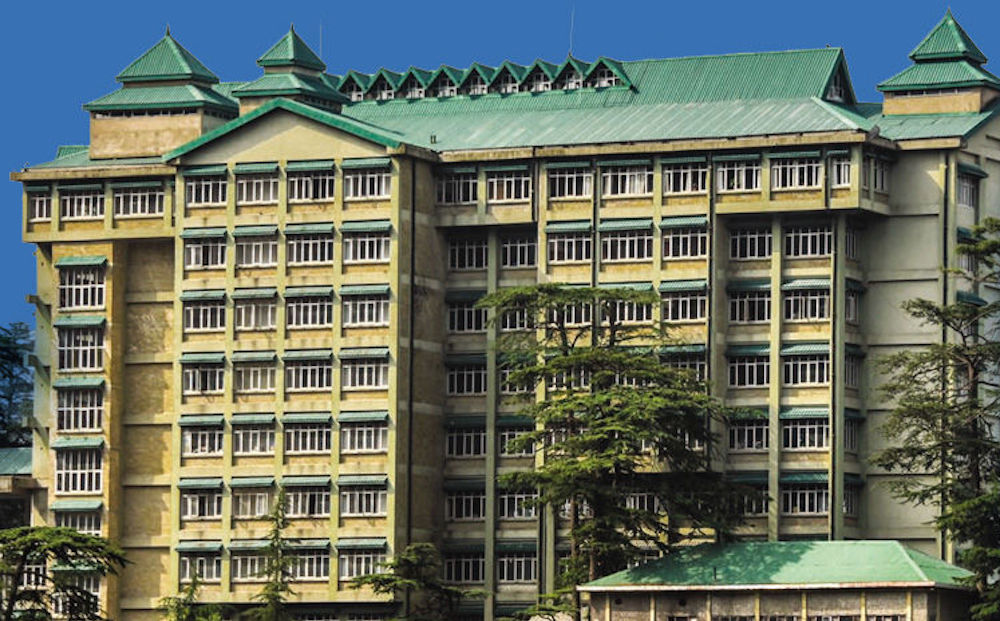LI Network
Published on: December 20, 2023 at 16:50 IST
The Himachal Pradesh High Court underscored the critical role of Section 311 of the Code of Criminal Procedure (CrPC) in delivering substantial justice and maintaining societal order.
Justice Vivek Singh Thakur, presiding over the matter, asserted that the discretionary power bestowed by Section 311 CrPC allows courts to exercise authority at any stage of an inquiry or trial when deemed necessary for a fair decision.
The court elucidated: “The object and aim of the provision, as a whole, is to do substantial justice not only from the viewpoint of the party but also to establish an orderly society. Where the Court finds it essential to examine, re-examine, recall or call any witness, at any stage of inquiry/trial or other proceedings for rendering just decision in the case, this power can be exercised at any stage.”
The case in question involved a criminal complaint filed by petitioner Gagnesh Thakur against respondent Vishal Awasthi, alleging the dishonor of cheques issued for a loan extended during August to October 2011. Awasthi, through an application under Section 311 CrPC, sought to lead additional evidence and cross-examine the complainant during the ongoing trial.
Initially allowed by the trial Magistrate, the decision was subsequently upheld by the Additional Sessions Judge. Dissatisfied with the order, the petitioner approached the High Court, invoking Section 482 CrPC, contending that the application was filed belatedly with the sole intention of causing undue delays.
Justice Thakur, in a meticulous analysis of Section 311 CrPC, emphasized its purpose in uncovering the truth and ensuring a just decision.
The Court maintained that the discretionary power granted under Section 311 is crucial for substantial justice and societal order, allowing its exercise at any stage when necessary for a fair outcome.
Quoting from the Supreme Court judgment in Rajaram Prasad Yadav v. State of Bihar, the court reiterated that the power under Section 311 must be exercised judiciously, with consideration for the fair trial and the interests of the accused, victim, and society. The court affirmed that such power should be invoked only for strong and valid reasons.
Applying these principles to the present case, Justice Thakur found merit in the trial court’s decision to permit the respondent to introduce additional evidence, deeming it potentially consequential for the case and conducive to a just decision.
Consequently, the court concluded that the Trial Magistrate had not committed any irregularity, illegality, or perversity in allowing the application for additional evidence.
Case Title: Gagnesh Thakur Vs Vishal Awasthi

